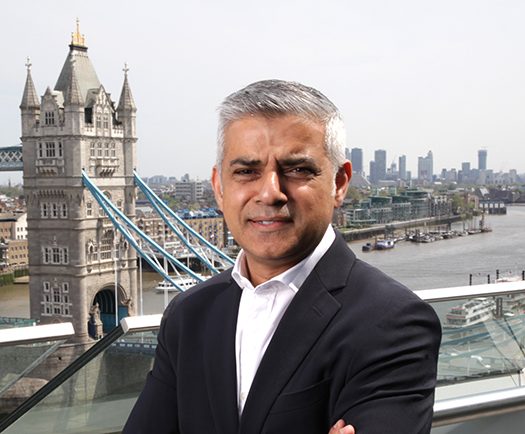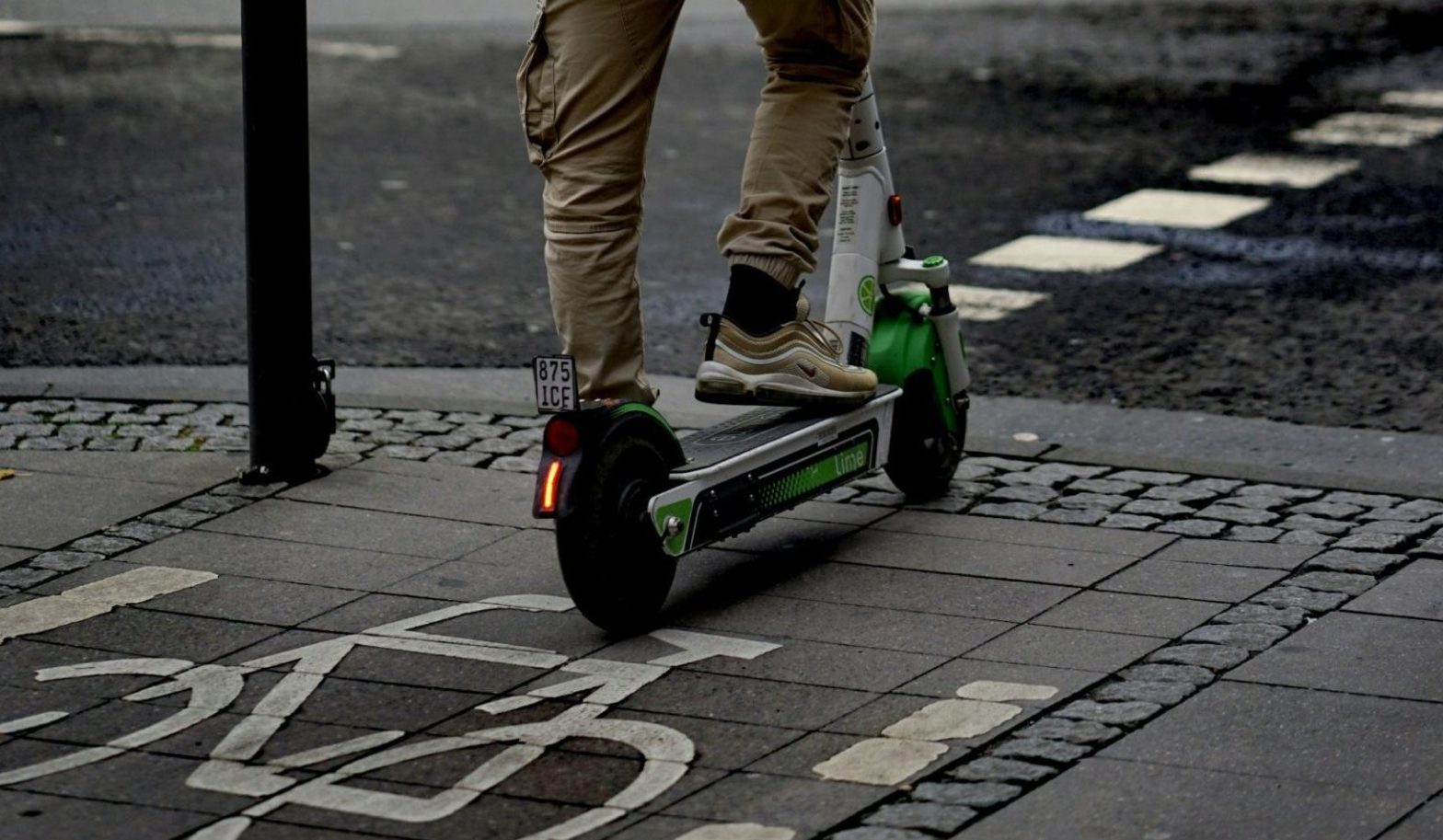
Photo: Mayor-of-London-e1607942581672
London Mayor mulls £3.50 ‘boundary charge’
14 December 2020
by Christopher Carey
In a bid to close Transport for London’s (TfL) growing deficit, London Mayor Sadiq Khan is considering the introduction of a £3.50 (US$4.70) daily ‘boundary charge’ for motorists entering the Greater London area.
The proposal is one of a series of measures being considered to absorb the financial impact of COVID-19, along with: scrapping Night Tube services and the Santander Cycle bike-share scheme; cutting bus routes in the suburbs; reforming TfL’s employee pension scheme; retaining the ban on free travel for pensioners in morning peak hours; and closing some Tube stations at weekends.
Mayor Khan has asked TfL officials to investigate the feasibility of introducing a £3.50 ‘Greater London boundary charge’ that would be paid by drivers of vehicles registered outside the city’s 32 boroughs. It would be in addition to the current £15 Congestion Charge and £12.50 Ultra-Low Emission Zone (ULEZ) fee – though it would not be implemented for at least two years to enable the economy to recover from the pandemic.
London’s ULEZ charge – which targets higher-emission vehicles – is set to expand to cover the entire Greater London area from 25 October 2021, while the Congestion Charge, which was increased from £11.50 to £15 in June, will remain in place for central London.
The UK Government had proposed an expansion of the Congestion Charge to cover Greater London, though the move was rejected by Mayor Khan and a number of London-based Members of Parliament (MPs).
There are 1.3 million vehicle trips every weekday into Greater London, and it is estimated that a £3.50 levy would raise about £500 million a year to be reinvested in the capital’s transport network, while reducing incoming traffic by approximately 10-15 percent.
‘Play Fair’
Mayor Khan said the Government had failed to “play fair” in funding TfL after it lost its £700 million annual subsidy, forcing it to rely on fares to cover three-quarters of its income.
“Londoners pay £500 million worth of Vehicle Excise Duty every year [to the UK government], which is then spent on maintaining roads outside the capital. It is not fair on London that our drivers should subsidise the rest of the country’s roads and get nothing in return,” Khan said.
“If ministers aren’t prepared to play fair, then we will need to consider other options to address this unfairness, such as asking people who live outside London and make journeys into Greater London by car to pay a modest charge, which would be reinvested in London’s transport network.”
The transport operator has received two government bailouts totalling £3.4 billion since the onset of the pandemic in March, but Mayor Khan has been at loggerheads with the government over further funding and the proposed extension of the Congestion Charge.
Walking and cycling increase
New data published by TfL has revealed that walking and cycling in the capital have increased since the coronavirus pandemic began, as travel habits rapidly changed in the months following the start of the first national lockdown in March 2020.
Forty-six percent of all journeys in London were walked or cycled between April and June, up from 29 percent before the pandemic.
Even as commuters returned to public transport, active travel has remained above previous levels, accounting for 37 percent of all journeys between July and September.
London’s Walking and Cycling Commissioner, Will Norman, said: ‘This new data fully encapsulates how the pandemic has transformed the way Londoners travel around our city. Many people enjoyed making the most of the quieter streets during lockdown and this change in habit has had lasting effects, with walking and cycling journeys continuing to be higher year-on-year.”
TfL’s Streetspace programme, which expanded cycling and walking options for commuters, and the introduction of Low Traffic Neighbourhoods (LTNs) by borough councils have been pinpointed as key factors contributing to the rise in numbers, along with a lingering reluctance to use public transit as the pandemic continues.











